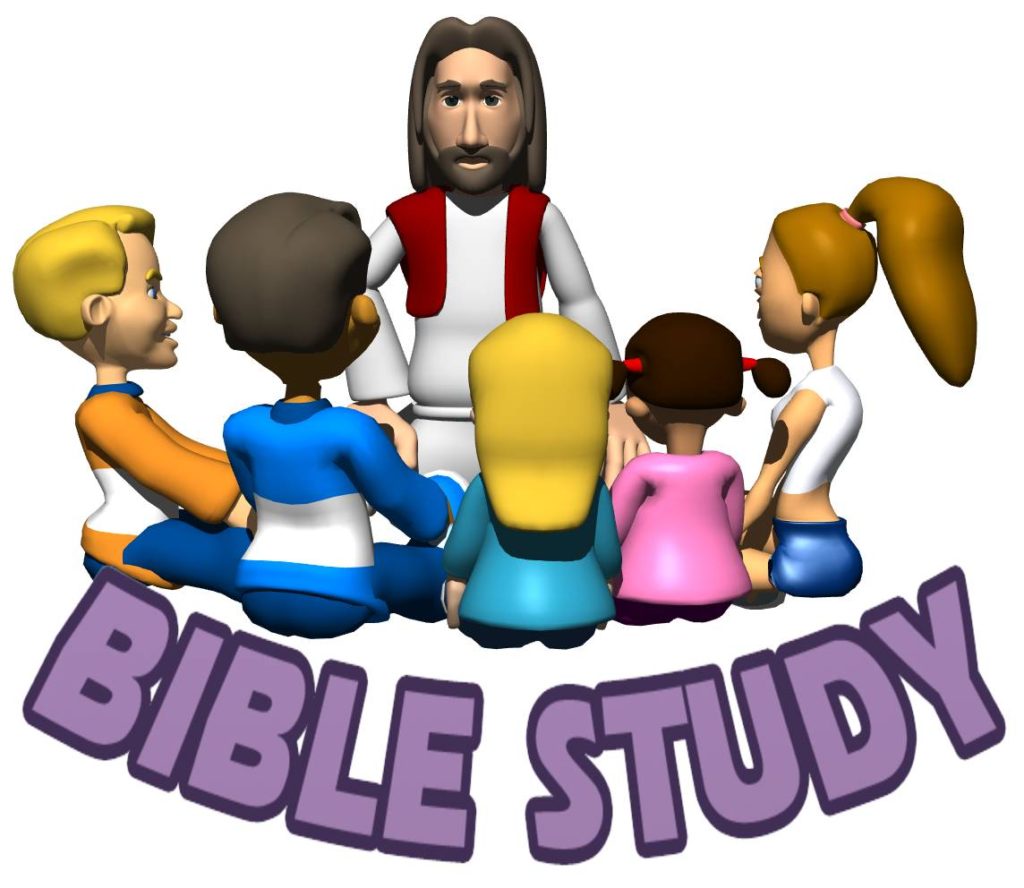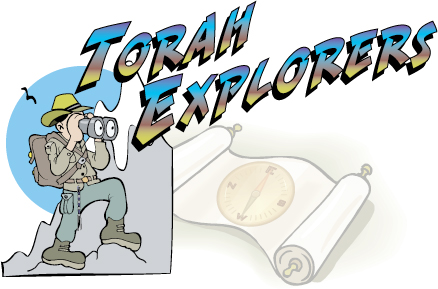
Deuteronomy 22
Deuteronomy 22:1–4, Caring for a brother’s property. Concern for the property of others is the subject of these verses. In this respect, let us not forget the second half of the shema: You shall love your neighbor as yourself (Lev 19:18). What is the response of the wicked with respect to concern for their neighbor’s well being? (Read Gen 4:9.) On this passage of Scripture one rabbinical commentator states: “[T]he commandment to return lost property is ‘fundamental’ and that ‘all society depends upon it.’ It is not just a matter of one person taking care of another’s possessions or of ‘loving’ another. What is important here is the critical matter of ‘trust’ among human beings. A society depends upon the faith people place in one another. Without people feeling that they can rely upon one another—that others are looking out for what belongs to me and I must look out for what belongs to them—society collapses in suspicion, selfishness, and bitter contention” (A Torah Commentary For Our Time, vol. 3, p. 149).
Deuteronomy 22:9, You shall not sow your vineyards with different kinds of seed. (See notes at Lev 19:19.)
Deuteronomy 22:10, You shall not plow with an ox and with a donkey(that is, a kosher animal with a non-kosher animal). Baal Ha Turim, the ancient Jewish Torah scholar, interprets this verse to mean that a righteous person should not enter into a business partnership with a wicked person. The Mishnah states: “Distance yourself from a bad neighbor; and do not bind yourself to a wicked person (Avos 1:7, The ArtScroll Baal HaTurim Chumash, p. 2065). What does the Testimony of Yeshua say about being unequally yoked with unbelievers? (See 1 Cor 15:33; 2 Cor 6:14.)
Deuteronomy 22:5–12, Various laws. Matthew Henry in his commentary says of these various laws: “God’s providence extends itself to the smallest affairs, and his precepts do so, that even in them we may be in the fear of the Lord, as we are under his eye and care…. If we would prove ourselves to be God’s people, we must have respect to his will and to his glory, and not to the vain fashions of the world. Even in putting on our garments, as in eating or in drinking, all must be done with serious regard to preserve our own and other’s purity in heart and actions.” Let’s think and meditate on this.
Deuteronomy 22:6–7, If a bird’s nest.What does this passage teach us about caring for the environment and being good stewards of YHVH’s creation? How about showing mercy to animals and man’s role in preserving the species? What are the broader implications here? What are you doing to protect the environment, and to be good stewards of this earth? It starts at with each of us with our own home and garden—the tiny spot on earth that YHVH has given us to tend and keep.
Deuteronomy 23
Deuteronomy 23:2, A child of incest shall not. Mamzer (translated in the KJV as bastard; NKJV one of illegitimate birth) means “a child of a prohibited marriage.”Contrary to popular opinion, this is not referring to one born out of wedlock (the result of fornication or premarital relations), but rather the fruit of an incestuous or adulterous relationship (The ArtScroll Stone Edition Chumash, p. 1054). According to S. R. Hirsch, a Jewish Torah scholar, a mamzer was disadvantaged legally in no other way except that he was excluded from the assembly or congregation (qahal) of YHVH. According to The Theological Wordbook of the Old Testament, the Hebrew word qahal is equivalent to the Greek word ecclesia,which is commonly translated as church in the NT (ibid., vol. 2, p. 790). What does Torah’s treatment of a mamzer say about YHVH’s view of the sanctity of marriage and the family and the upholding of such as a cornerstone institution within the assembly of the saints? Hirsch comments on this verse, “[A] mamzer accordingly represents, by his existence, a sin against those laws by which God wishes marriage in His qahal to be elevated out of the sphere of simply physical association by that which [the Talmud in] Kiddushin [73a] expresses” (Judaica Press The Pentateuch/Deuteronomy, p. 456).
In the Torah, premarital sex is not a capital offense. When it happened, the man was either to marry the young lady, or he had to pay a fine to her father. Incest, however, like homosexuality, was an abomination in YHVH’s eyes (Lev 18:6–18, 26–29), thus it would stand to reason that YHVH would take a harder stand on the product of such a sexual union. The point is to teach his people not to get involved in such sinful sexual practices in the first place.
Deuteronomy 23:10–15, When the army goes out. With regard to the sanctity of the camp, the Jewish sages teach that whereas other armies triumph by force of numbers and arms, Israel’s success is in the hands of Elohim, and, therefore, its army’s most potent weapon is its righteous behavior (The ArtScroll Stone Edition Chumash, p. 1055). Holiness and righteousness (i.e. obedience to YHVH’s commands coupled with trusting faith in Yeshua and in his blood atonement) can help us defeat our enemies (see Rev 1:5; 12:11, 17; 14:12). Though the phrase, “Cleanliness is next to godliness” is not found in the Scriptures, it is nevertheless a true statement in light of this Torah passage.
Deuteronomy 23:18, Price of a dog. The price of a dog, according to Keil and Delitzsch, is not the price paid for the sale of a dog, but is a figurative expression used to denote the gains of a male prostitute, who was called thus by the Greeks because of the dog-like manner in which homosexuals debase themselves sexually. YHVH considers homosexuality so abominable that he specifically lists dogs (along with sorcerers, murders, idolators and liars) as being excluded from the New Jerusalem (Rev 22:15).





